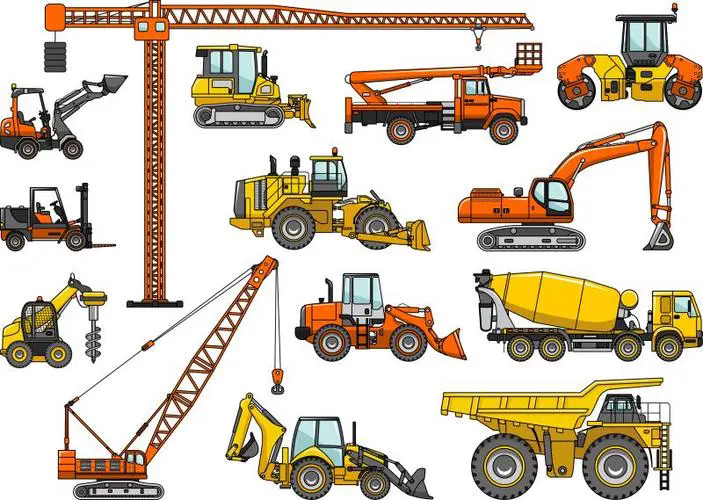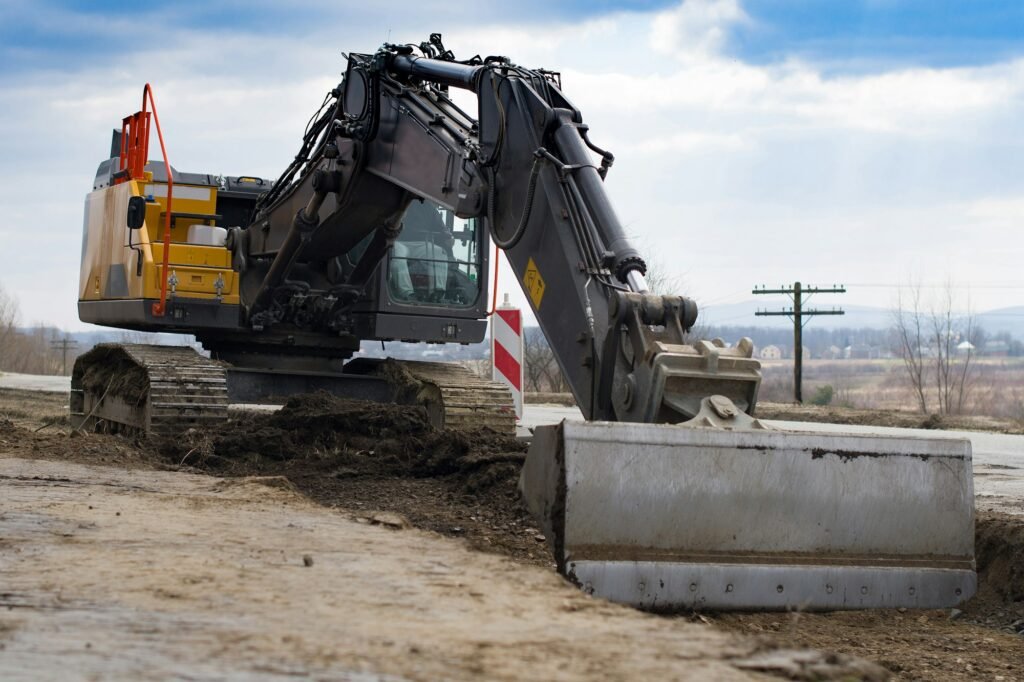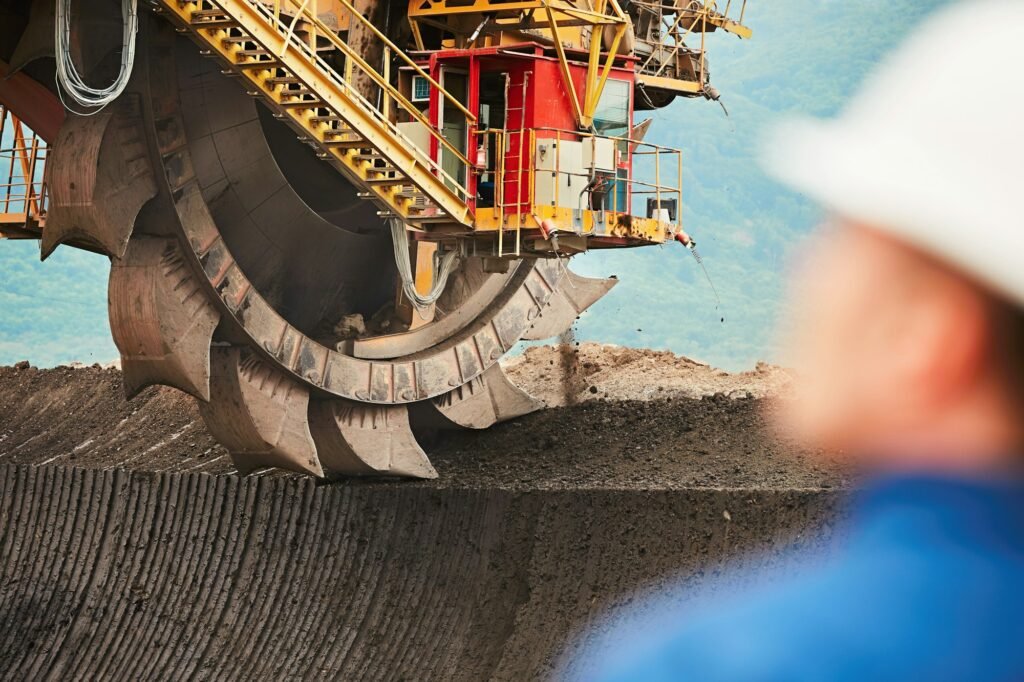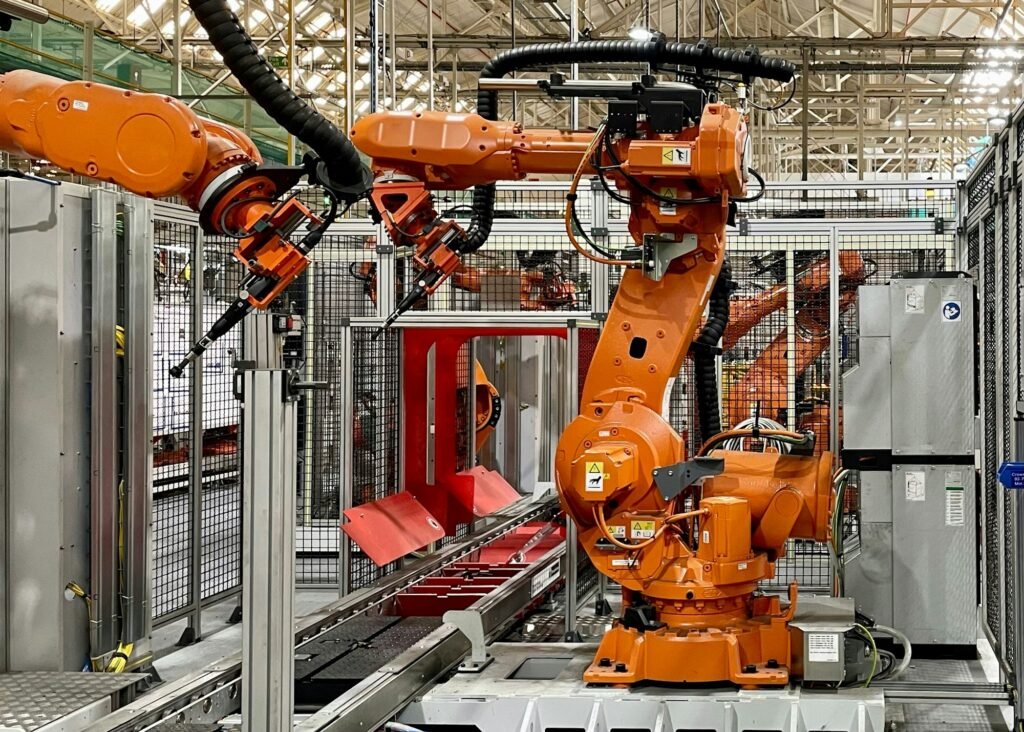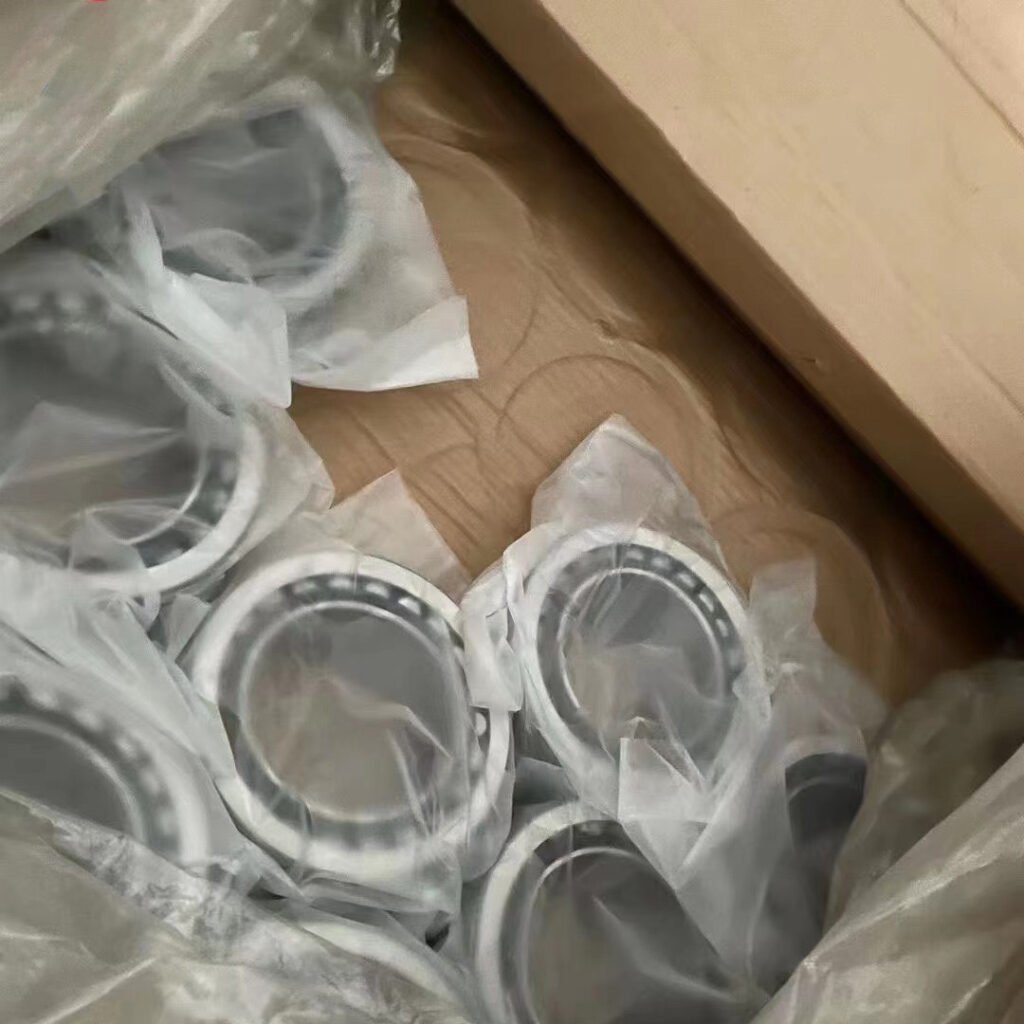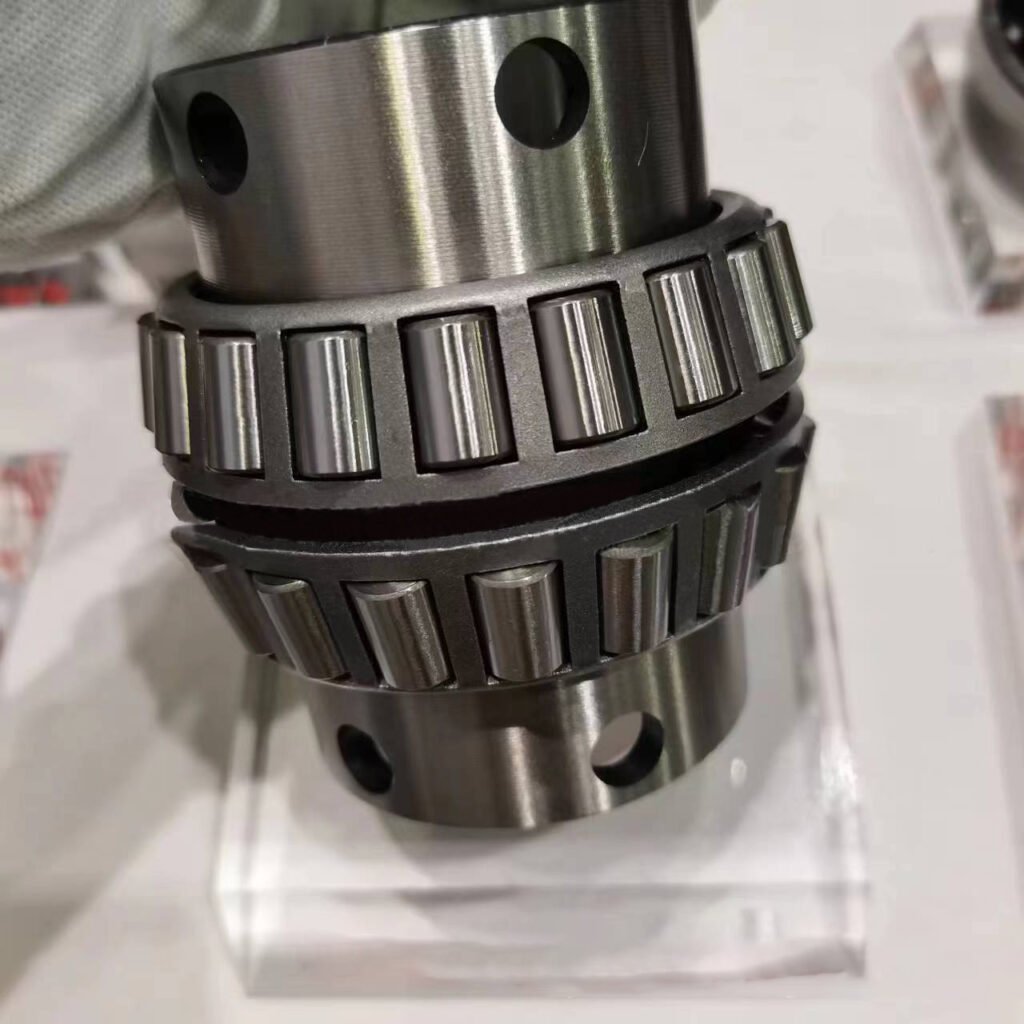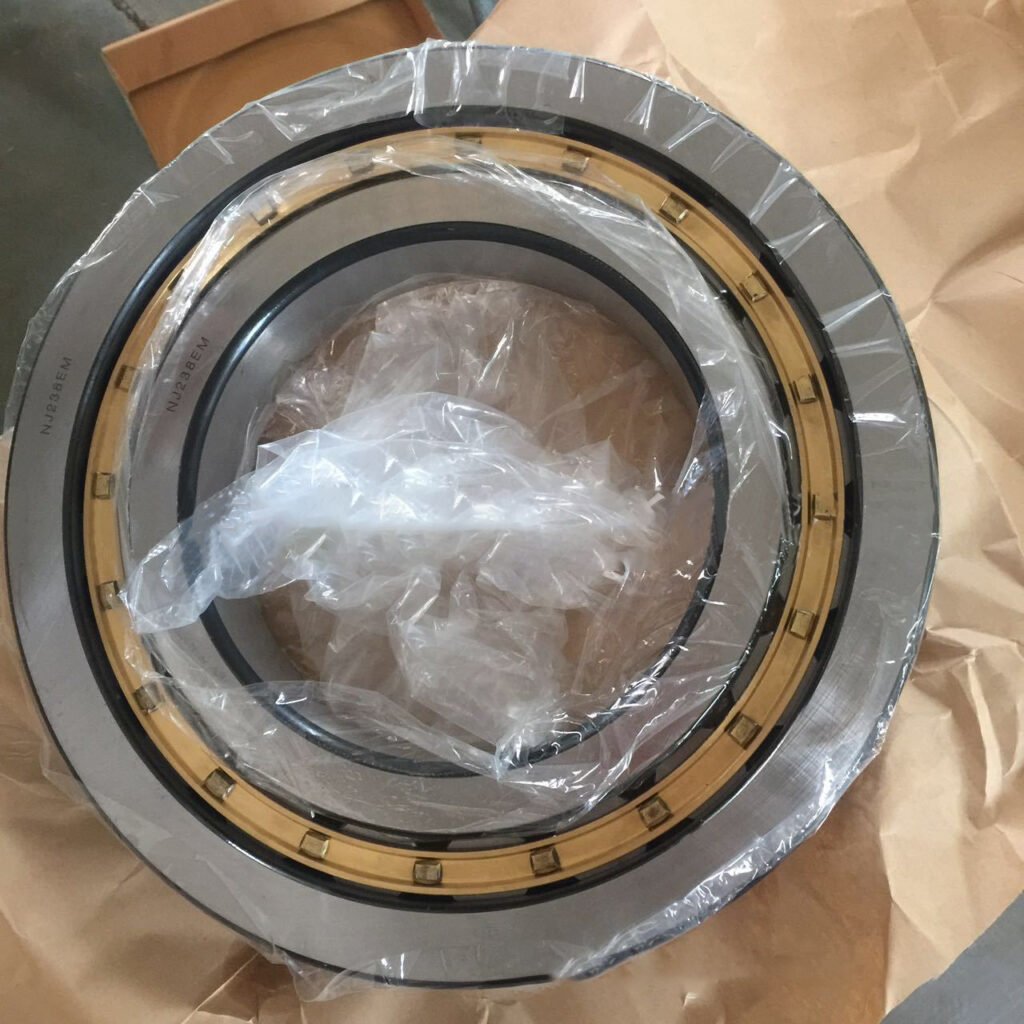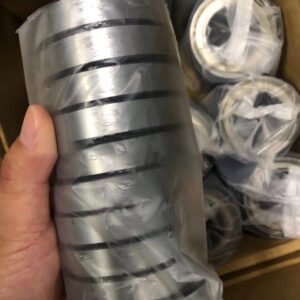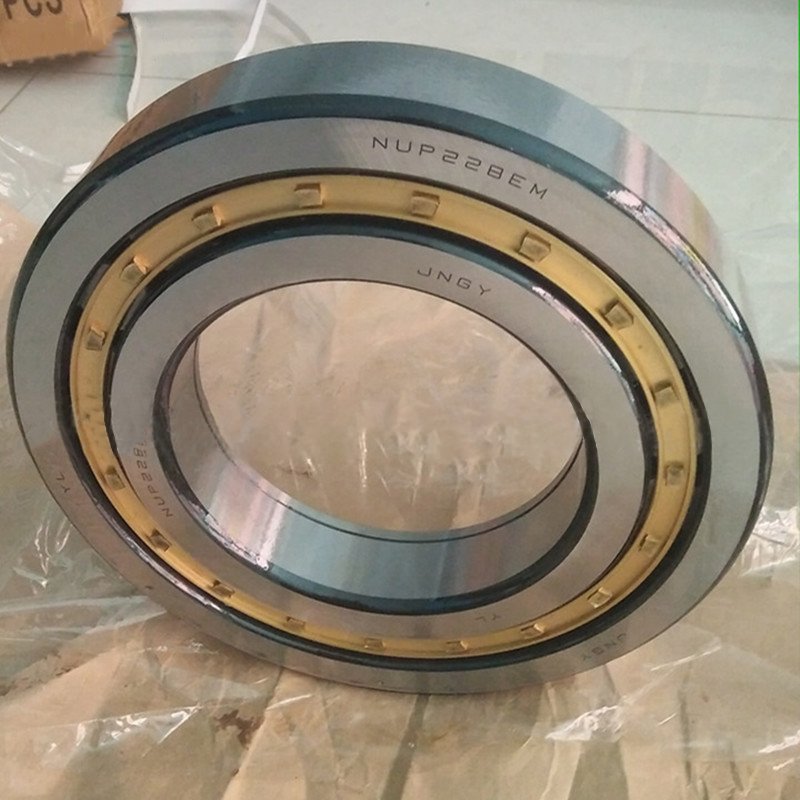Bearings play a vital role in the smooth operation of countless mechanical systems, ranging from electric motors to bicycles. When it comes to selecting the right type of bearing for your needs, the choice between ceramic ball bearings and steel ball bearings can be critical. Both materials have distinct properties, making them suitable for different applications. In this article, we’ll explore the key differences between ceramic and steel ball bearings, helping you understand which type of bearing is best for your specific requirements.

ceramic ball bearings
Differences Between Ceramic Ball Bearings and Steel Ball Bearings
1. Bearing Appearance
The first noticeable difference between ceramic and steel ball bearings is their appearance.
- Steel Ball Bearings: These bearings are typically made of chrome steel or stainless steel. They have a shiny, metallic appearance, and the balls are usually visible through the outer race.
- Ceramic Ball Bearings: Ceramic bearings are often made of advanced ceramic materials like silicon nitride. The ceramic balls have a smoother and lighter appearance compared to steel balls. They may look more like a glossy white or light gray ball, depending on the material used.
2. Material
The material used in the manufacture of the bearing impacts its strength, durability, and performance under different conditions.
- Steel Ball Bearings: Steel is a strong and durable material, but it is prone to rust and corrosion when exposed to moisture. Steel bearings are generally heavier compared to ceramic bearings. However, they are still the most widely used because of their balance between performance and cost.
- Ceramic Ball Bearings: Ceramic materials like silicon nitride are lightweight, non-corrosive, and have higher hardness compared to steel. These properties make ceramic bearings an excellent choice in harsh environments or for high-speed applications. Ceramic bearings are also more heat-resistant, which means they perform better at higher temperatures.

steel ball bearings
3. Performance
When it comes to performance, both ceramic and steel bearings have distinct advantages.
- Steel Ball Bearings: Steel bearings offer good overall performance and can handle moderate speeds, loads, and temperatures. However, they tend to generate more friction due to their material properties, which can lead to increased wear over time.
- Ceramic Ball Bearings: Ceramic bearings outperform steel bearings in several ways. They have lower friction, which results in smoother and quieter operation. This makes ceramic bearings ideal for high-speed machinery or applications requiring minimal heat generation. Additionally, the low friction allows for better energy efficiency.
4. Application Field
Different environments and use cases require different bearing types.
- Steel Ball Bearings: Steel bearings are versatile and can be used in a wide range of applications, from automotive and industrial machinery to home appliances. Their robustness makes them suitable for environments where high loads are common, and corrosion isn’t a significant concern.
- Ceramic Ball Bearings: Ceramic bearings are ideal for precision equipment, high-speed machines, or environments where corrosion resistance is crucial. These bearings are commonly used in aerospace, medical devices, robotics, and high-performance automotive engines. Their resistance to rust and wear also makes them suitable for use in underwater or other challenging environments.
5. Cost
One of the most significant differences between these two types of bearings is their cost.
- Steel Ball Bearings: Steel bearings are more affordable and widely available, making them an excellent option for standard industrial applications and mass production. They offer a good balance of price and performance for many industries.
- Ceramic Ball Bearings: Ceramic bearings are more expensive due to the advanced materials and manufacturing processes involved in their production. However, the high performance and longer lifespan can justify the higher initial investment, especially in specialized applications where durability and performance are critical.
Conclusion
Both ceramic and steel ball bearings offer unique benefits and drawbacks, depending on your application. Steel bearings provide a cost-effective solution for general use and are reliable in standard conditions. On the other hand, ceramic bearings excel in high-performance, high-speed, or corrosive environments, though they come with a higher price tag.
When choosing between ceramic and steel ball bearings, consider factors such as speed, load requirements, environmental conditions, and budget. By understanding these differences, you can make an informed decision that best suits your needs, ensuring reliable and efficient performance for your machinery.

